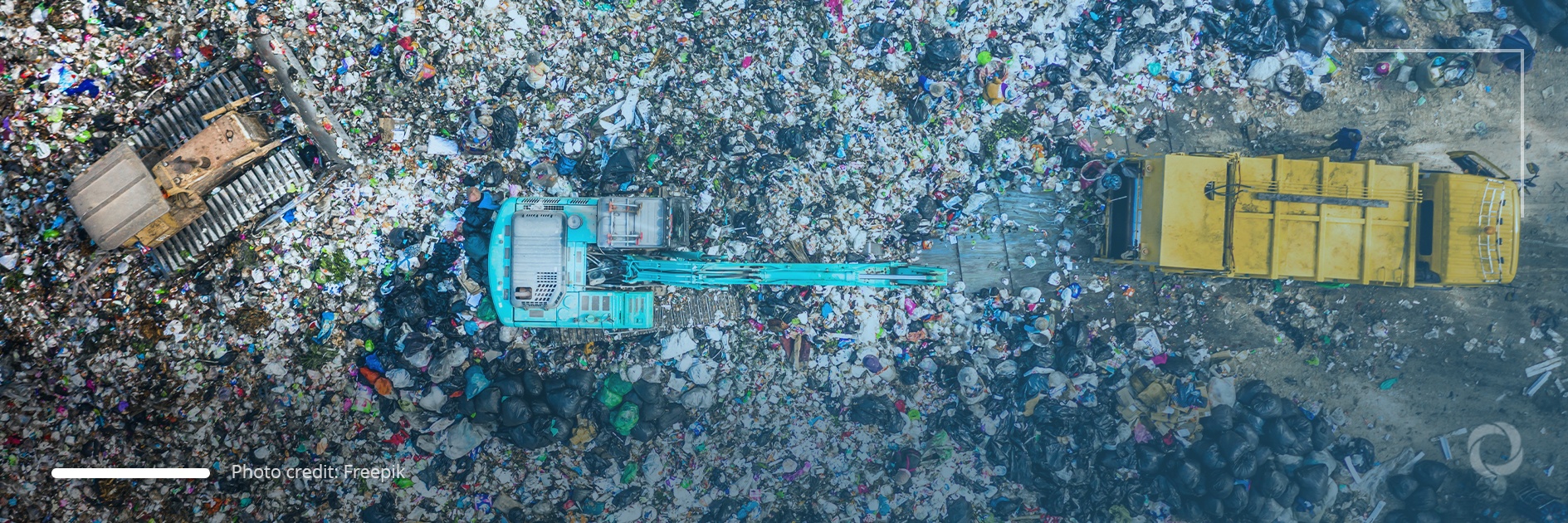South Africa generates 2.4 million tonnes of plastic waste annually, equivalent to 41 kg/capita/year which is above the 29 kg/capita/year global average. Out of this waste, only 14% is recycled and around 40% is mismanaged with 3% leaking directly into the environment. This is according to the International Union for Conservation of Nature (IUCN) South Africa country report.
Main plastic consumers
Almost all plastic that is consumed in South Africa is manufactured in the country from locally produced or imported primary or secondary plastic. The main consumers of the plastics industry are:
The packaging sector extended its share in 2020 as due to the COVID-19 pandemic, the demand for flexible packaging was reported to have increased by 2%.
Less plastic waste recycled
According to IUCN, 70% of the plastic waste generated in South Africa is collected, of which 14% is recycled, 45% is disposed of in sanitary landfills or incineration facilities, and the remaining 11% is disposed of in unsanitary landfills or dumpsites.
Meanwhile, South Africa Plastics Pact (SA Plastics), which describes itself as the umbrella body representing the local plastic sector, has reported a decrease in the amount of plastic being recycled.
“South Africa converted 1,739,480 tons of polymer into plastics products during 2020, a decrease of 5.6% from 2019,” it said in a report.
The body, which brings together key stakeholders from the local plastics value chain including businesses, the government, Producer Responsibility Organizations, and NGOs explained the decrease was due to the fact that many recyclers were unable to operate at full capacity for several months because of lockdowns and social distancing norms.
Causes of declining recycling
However, Lorren de Kock, Project Manager of the Circular Plastics Economy at the World Wildlife Fund (WWF) South Africa, noted that the pandemic was not the only factor that had caused a decrease in the amount of plastic waste that was being recycled.
“The decline and wild fluctuations in prices for recyclables are the biggest factors in the lack of collections,” she explained.
The WWF South Africa report, Plastics: Enabling the demand and supply for recyclate pointed out a number of other barriers to entry to recycling in the country. These include the price volatility of post-consumer plastic waste, the high cost of transporting recyclables, the low demand for post-consumer recycled plastic leading to a lack of investment in new equipment and quality management systems, a lack of funds and resources to support the collection of plastic waste and recycling and undeveloped end markets to absorb the recyclate. All these coupled with poor infrastructure deter investors from either collection or recycling projects because service providers cannot recoup a sufficient return on their investment, the report added.
Actions to be taken
The WWF South Africa report, Urban lockdown lessons for South Africa: essential considerations for a resilient and equitable waste and recycling sector, calls for the urgent finalisation and appropriate inclusive implementation of the mandatory extended producer responsibility (EPR) system which addresses the need for direct financial investments from government and sector-specific industries.
For its part, the South African Plastics Pact, in its publication, Addressing problematic and unnecessary plastics, committed to phase out 12 problematic and unnecessary plastics by the end of 2022. These include thin bags for fruits and vegetables, plastic straws, single-use plastic picnic cutlery and plates, lollipop sticks, and PVC bottles among others.

